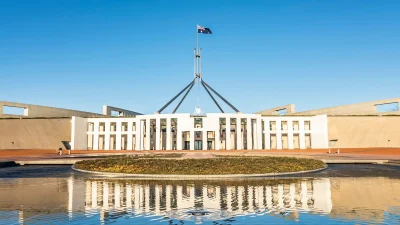Hedge funds will be forced to close: Watson Wyatt
Many hedge funds will be forced to close and there will be significant consolidation because of market conditions and unprecedented changes to the regulatory landscape, according to global consultancy firm Watson Wyatt.
However, the firm believes the best managers in the industry will emerge in a better position to exploit investment opportunities characterised by greater market dislocations and lower prices and this will be made easier by the absence of proprietary trading desks.
In a recent note to its clients, Watson Wyatt asserts that long-term investors are likely to be the beneficiaries of this evolution, mainly through improved fee structures that better align interests.
Watson Wyatt also suggests there will be certain hedge fund strategies that will struggle in future, given a fundamentally changed investment environment.
Watson Wyatt Australia’s head of manager research Hugh Doughty said “in absolute terms, general hedge fund returns do not look good this year, but it is likely that they would have performed better than some other strategies, for example long-only equity funds.
“This has come about despite the well-publicised headwinds facing the industry in the last year.
“Notwithstanding, it is our belief that the current crisis will expose those that are not structured to add value for investors and will provide the most skilled with attractive opportunities and potential for substantial returns in the future.”
According to Watson Wyatt, there are early signs that increasing numbers of skilled hedge fund managers are becoming more flexible in the negotiation of fees having been persuaded by the benefits of receiving long-term capital, provided by the likes of superannuation funds, rather than ‘hotter money’ which comes from other investors.
Dougherty said, “while we strongly believe skilled managers should be fairly compensated, fees are generally still too high for the value they deliver, particularly as we enter a lower-return environment. Also, performance fees introduced to align interests have been less than effective because they are generally poorly designed and tipped in managers’ favour.”
Recommended for you
The latest budget papers have outlined a $10 million provision for ASIC greenwashing enforcement activity as well as funds for a sustainable labelling regime to be partially met by industry levies.
Betashares has expanded its fixed income solutions with the launch of a new ETF offering exposure to subordinated bonds issued by the big four Australian banks.
The latest monthly Bank of America global fund manager survey has found investors are starting to shift cash into bonds as cash allocations reach a three-year low.
AUSIEX analysis has discovered the net traded value of Australian dollar fixed income ETFs more than doubled from January to April, reflecting growing investor demand.














